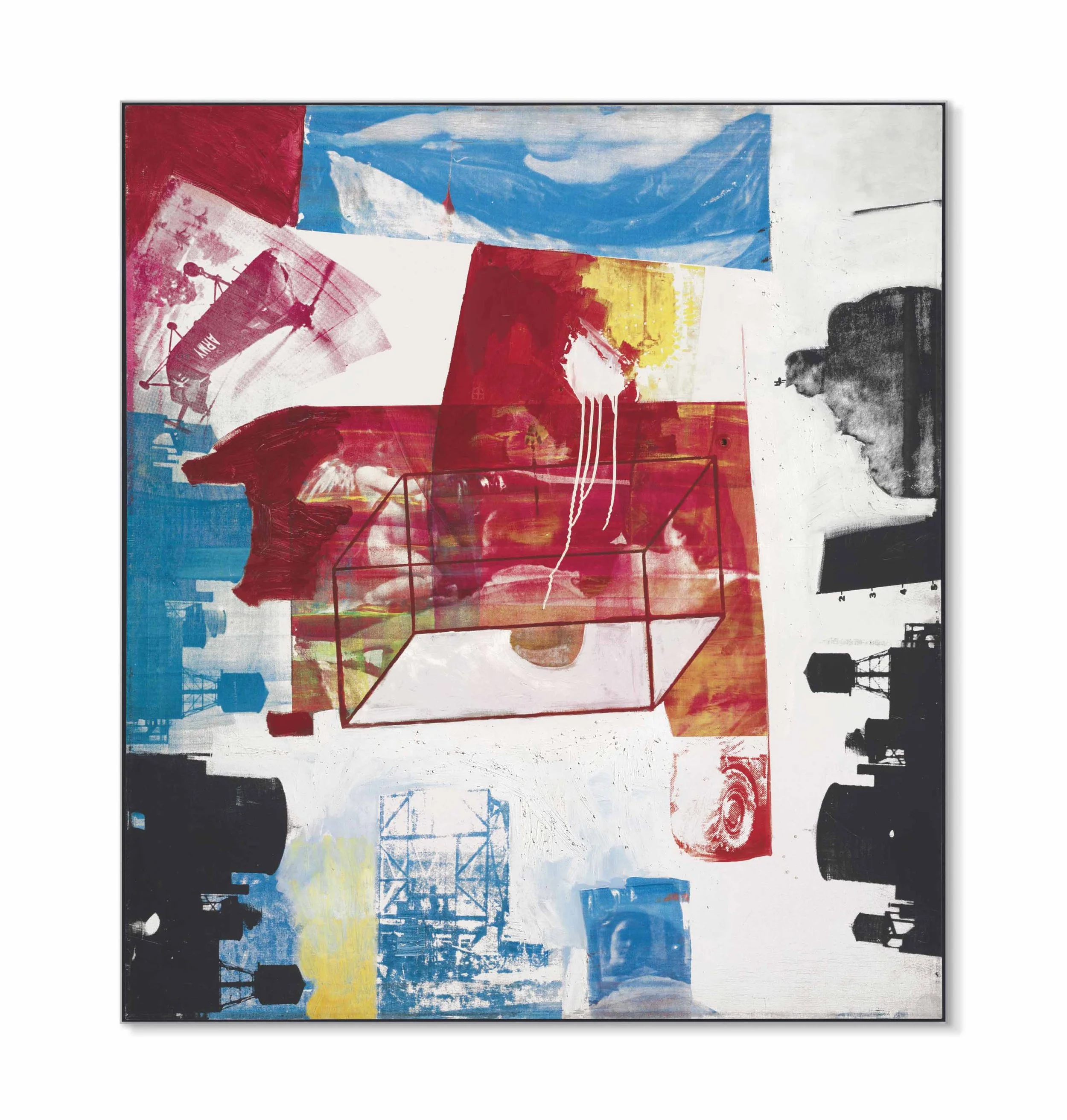"To Be Clear at All Costs” ~ On Morton Feldman
“Kierkegaard wrote a marvelous thing in Either/Or. He said he feels that when he dies, they are going to ask him only one question, when he gets up there. And the question is, ‘Did you make things clear?’”
Where Are The Music Houses?
Although there's a reaction against utopian thinking, art itself has a utopian edge
Against trademark hollowness: The difference that “Theory” makes
Now seems as good as any moment, as history breaks around us, to reconsider our attachments to modernism and formalism — along with the implications of such attachments — for the purpose of developing an art criticism that aspires to be adequate to the present.
Lecture on Adorno’s “Draft Introduction” to Aesthetic Theory
Patrick Zapien will present a lecture on Theodor Adorno’s “Draft Introduction” to Aesthetic Theory. The lecture will focus on the dialectic of freedom in art, its historical crisis, and how that crisis appears as the enigmatic essence of art in modernity.
Hearing in the Present Tense: On La Monte Young's Orphic Revolution
As if frozen in time, drone music has not developed as an art form since Young's Dream Houses, & has mostly been barbarized into a muddy ambience and cheap theatrics
Crisis of Criticism
Why is it that so much writing on art today — ostensibly criticism — only skates on the surface of artworks, providing description, identifying a handful subjects and themes, maybe some precedents, and then a conclusion — or rather, an ending. The writing stops.
Sense and Non-Sense
The main problem that the artist encounters at work — the source of all their woes and triumphs — is that materials must be transformed: made to give what they cannot. Appearance is the mask of the true face beneath.
Painting as a Scaffold
The most recent idea that appeared to me, so insistently that I felt compelled to write it down, was of painting as a scaffold. This was related to an older idea of mine, of painting as a veil . . .
Apologia: Why Do We Write?
Genese Grill's introduction to her forthcoming essay collection, Portals (Splice).
The Vollard Suite
“You see this truculent character here, with the curly hair and mustache?” Picasso asked about the Vollard Suite, “That’s Rembrandt. Or maybe it’s Balzac; I’m not sure. It’s a compromise, I suppose. It doesn’t really matter. They’re only two of the people to haunt me. Every human being is a whole colony.”
Groundwork for a Study of Maryanne Amacher
How did Amacher ultimately feel about being identified as a heroic “sound artist” instead of a hardworking composer who underwent a heroic rescue mission into the deepest undercurrents of music history?
Caesura Roundtable: The NFT
The NFT phenomenon is a social, not technological, phenomenon emerging from the new money of the 21st century — the tech sector — working out its own culture and aesthetic tastes as an alternative to the self-critical or self-defeating aesthetic culture that has been dominant since the emergence of liberal society in the 19th century.
On Art and Freedom
For moderns, art is the appearance of suffering from the unrealized potential of freedom, i.e., the appearance of freedom’s task.
When the Critics Saw
A work of art has never graced the cover of the journal October. Since the first issue was published in 1976, the front cover has only ever carried the journal’s allusive title, spelled out in large capitalised letters underneath the smaller italicised headings of ‘art’, ‘theory’, ‘criticism’ and ‘politics’ (in that order).
The Acceptance of Loss, Part II
To read Kerouac, especially his poetry, is to listen to an already posthumous message sent from himself to himself in the void after the end of speech…
An Afternoon at MoMA
It’s hard to be the Museum of Modern Art when the modern has become a thing of the past and a rather suspect thing at that.
An Afternoon at the Met
But what of the museums themselves? The artworks, their placement, the hallways, the exhibits, the choreography of passing through?
Crítica del Arte Revolucionario: Trotsky, Benjamin, Adorno y Greenberg
El arte modernista para Trotsky no podía ser considerado como una nueva cultura sino más bien como una expresión de la tarea y demanda de trascender la sociedad y cultura burguesas.
Martin Eden
We're casting about, looking for anything that could possibly make the world even slightly less terrible. It's not even that strange that our conversation about films is much louder and emotional than, say, immigration reform or tax policy or Wall Street regulation.




















